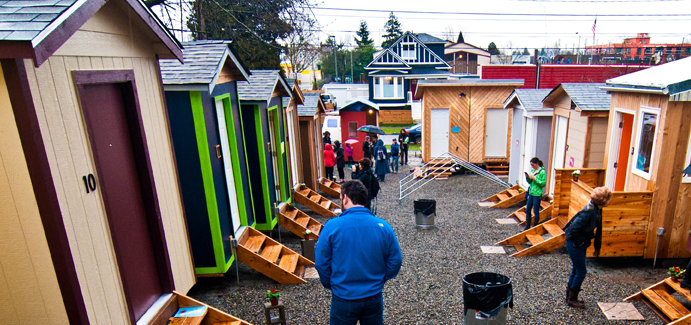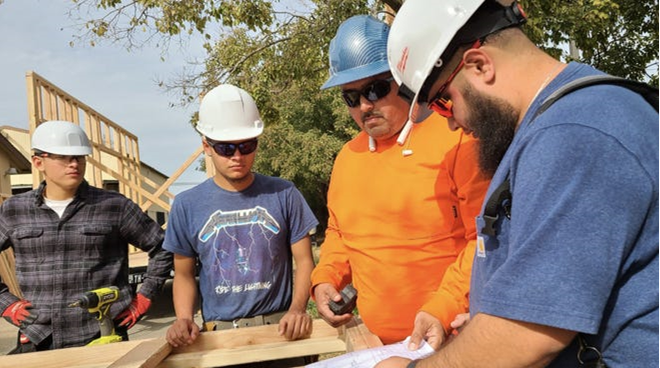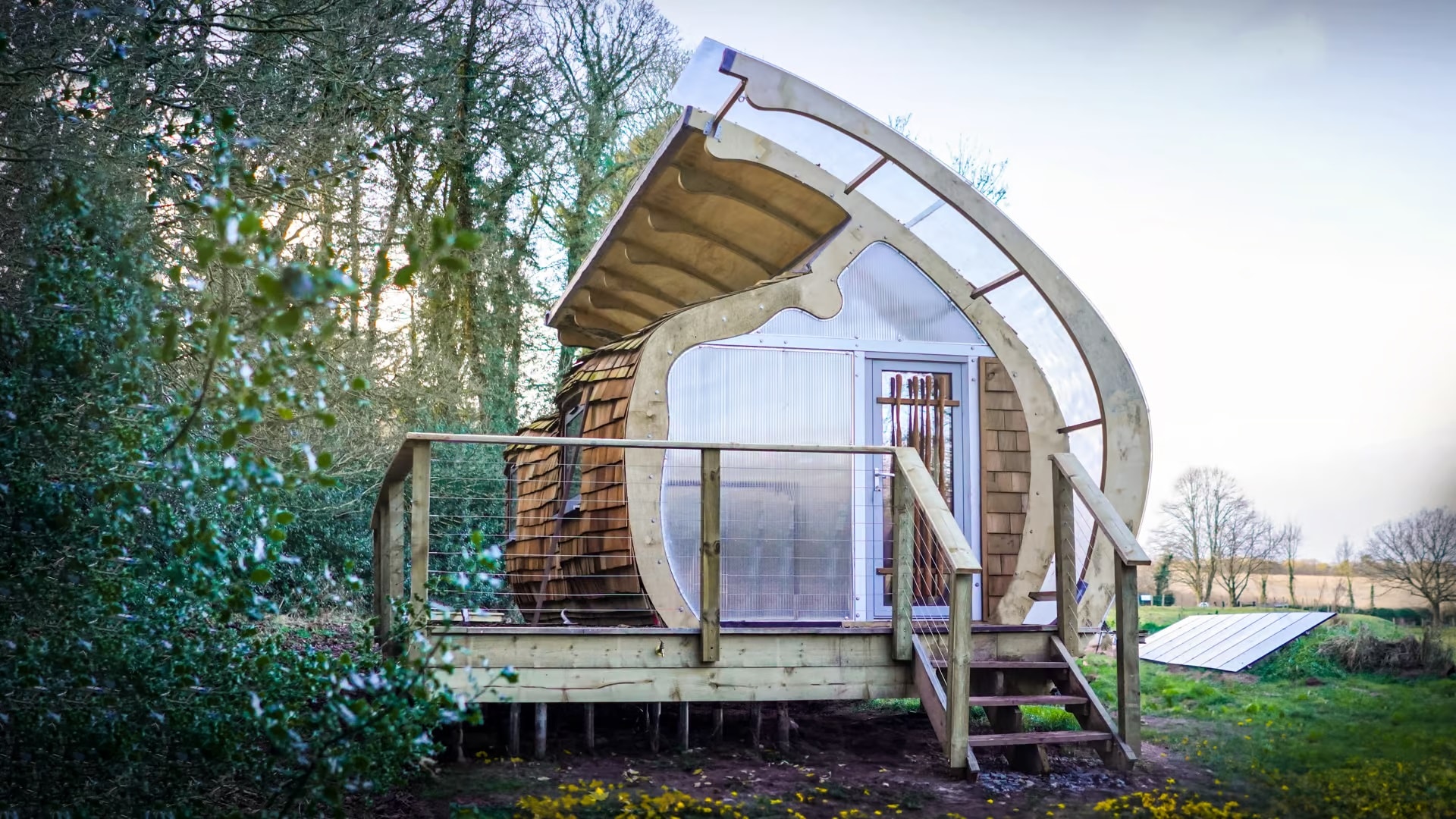While many non-profits have been successful in completing housing projects, they often face challenges such as funding constraints, regulatory hurdles, and community opposition. Despite these challenges, non-profits continue to play a crucial role in addressing the housing needs of many communities.
Non-profit organizations often play a crucial role in addressing the housing needs of low-income and vulnerable populations, which are sometimes not adequately addressed by the private sector or government programs.

Many non-profits develop affordable housing units. For example, Habitat for Humanity, a well-known non-profit organization, has successfully built affordable homes for families in need all over the world.
Other non-profits focus on renovating existing housing stock to make it more affordable, safe, and energy-efficient. This can be a more cost-effective way to increase the supply of affordable housing.
Homeownership programs from non-profits can often provide down payment assistance, homebuyer education, and mortgage financing to help low and moderate-income families purchase homes.
Non-profits also develop supportive tiny home villages for individuals with special needs, such as the elderly, people with disabilities, or those experiencing homelessness. These projects often include supportive services such as case management, mental health services, or job training.

Some non-profits take a broader approach to housing by engaging in community development projects that include affordable housing development as part of a larger effort to revitalize neighborhoods.
The Challenges of Non-Profits
Working with a non-profit housing project can pose several challenges for modular and manufactured home factories.
Non-profit organizations often face difficulties in securing adequate funding for their projects. They may rely on a mix of government grants, private donations, and foundation support, all of which can be competitive and uncertain. This can lead to delays in project implementation or even cancellation of projects. Sometimes offsite factories can see their payments slowed by government bureaucracy or non-profits running short of money.
Acquiring land at an affordable price can be a significant challenge, especially in urban areas where land prices are high. Zoning restrictions and local opposition can also make it difficult to secure suitable land for development.
Non-profit housing projects must comply with a variety of local, state, and federal regulations, including building codes,
zoning laws, and environmental regulations. This can be a complex and time-consuming process.
Many non-profit organizations have limited staff and resources, which can constrain their ability to manage large-scale housing projects. They may also lack the technical expertise required for certain aspects of housing development, such as construction management or financial planning. While offsite is a good solution to a non-profit’s needs for housing, if there isn’t at least one construction-knowledgeable person in charge and on the board of the non-profit, the modular or offsite factory can be left holding the bag if there is a problem. Non-profit organizations may face challenges in managing the construction process, including selecting contractors, managing costs, and ensuring quality construction.
Non-profit housing projects, especially those targeted towards low-income residents, may face opposition from local residents and community groups who may be concerned about property values, increased traffic, or changes to the neighborhood’s character.
Ensuring that the housing remains affordable for the target population while also being financially sustainable for the organization can be a delicate balance. Non-profit organizations often work in partnership with other organizations, government agencies, and private sector partners. Managing these relationships and coordinating efforts can also be quite challenging.
Despite these challenges, non-profit organizations play a crucial role in addressing the housing needs of low-income and vulnerable populations. With adequate support, capacity building, and collaboration with other stakeholders, non-profit organizations can successfully navigate these challenges and contribute to addressing the housing crisis.



